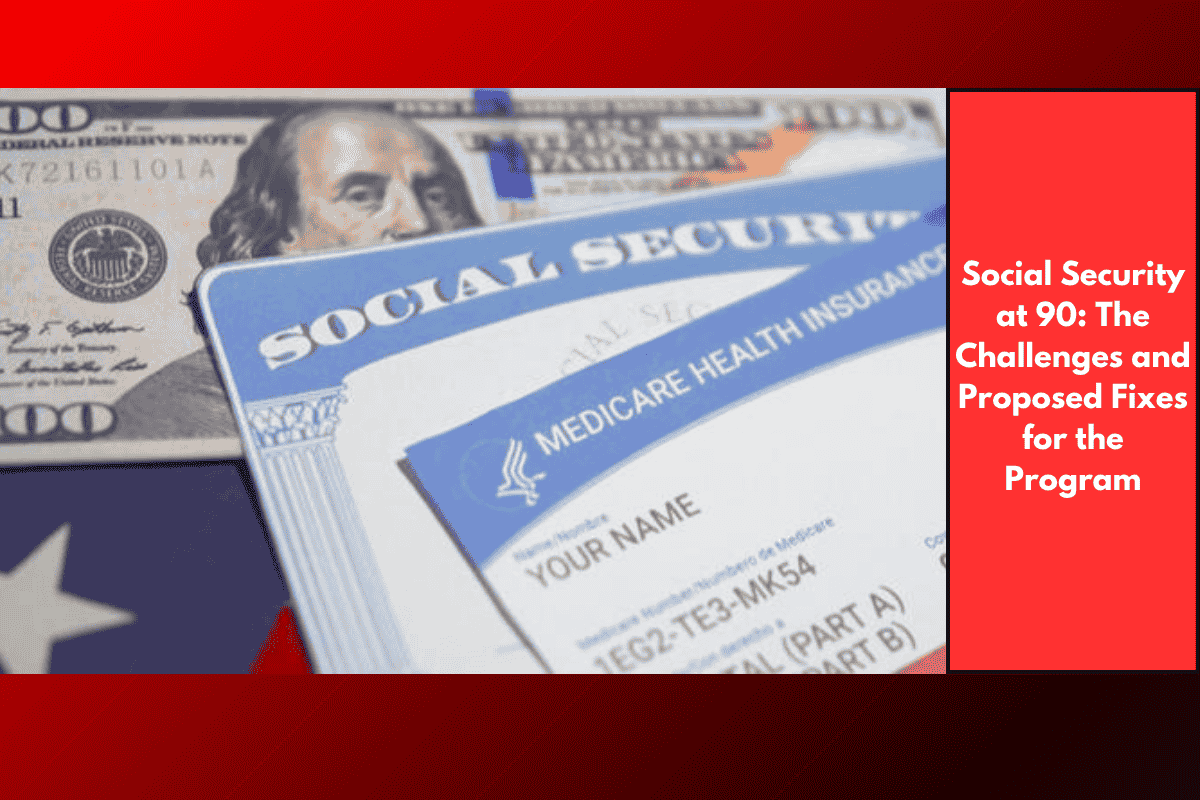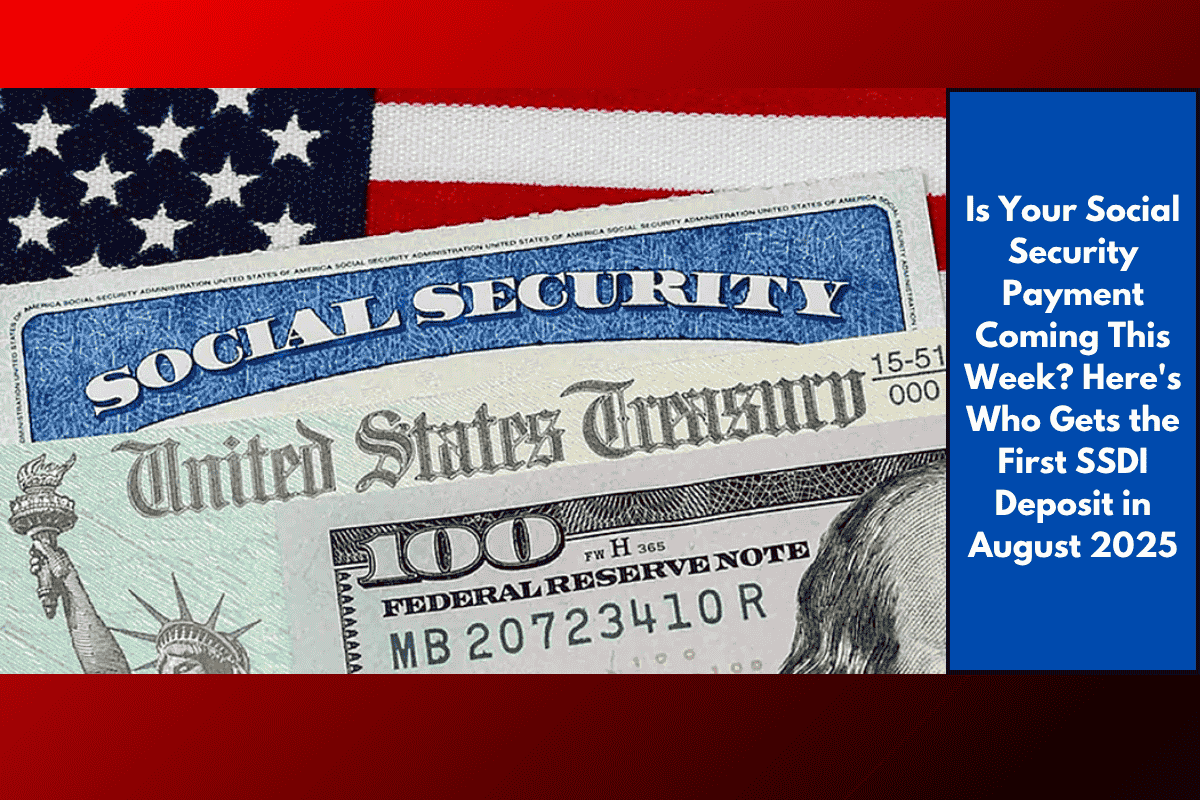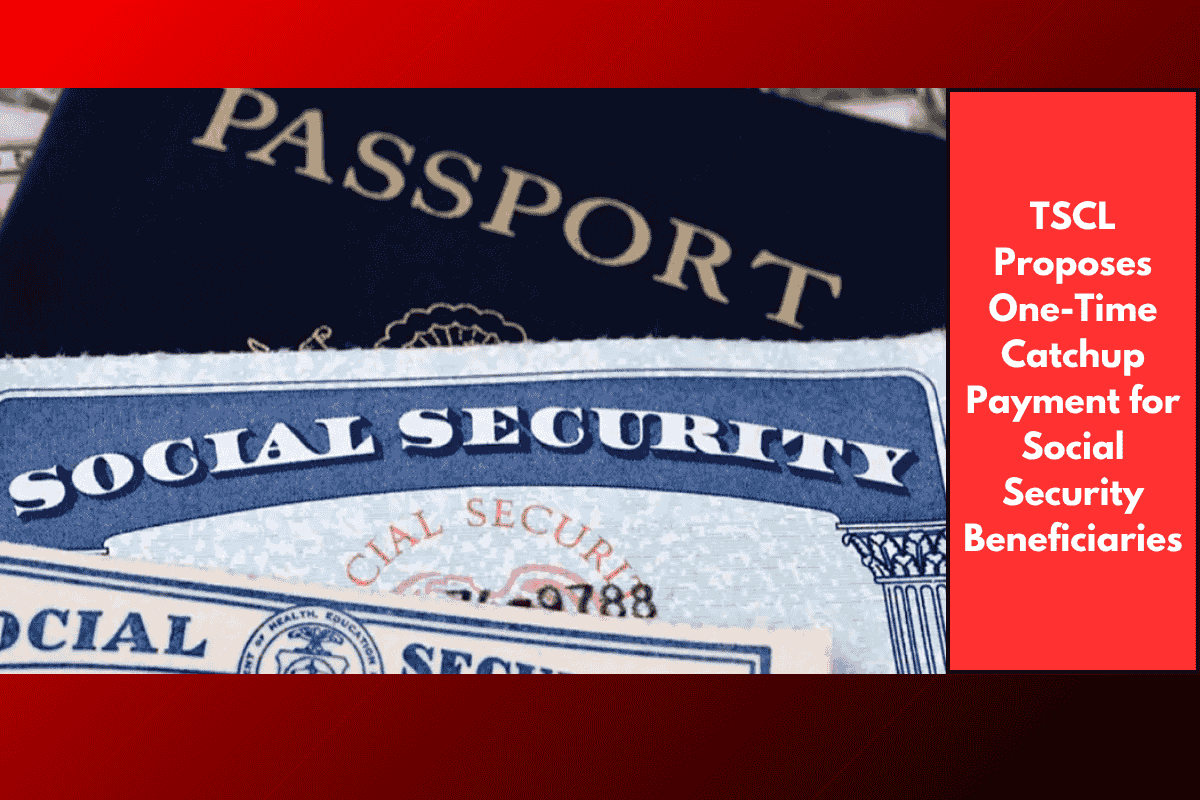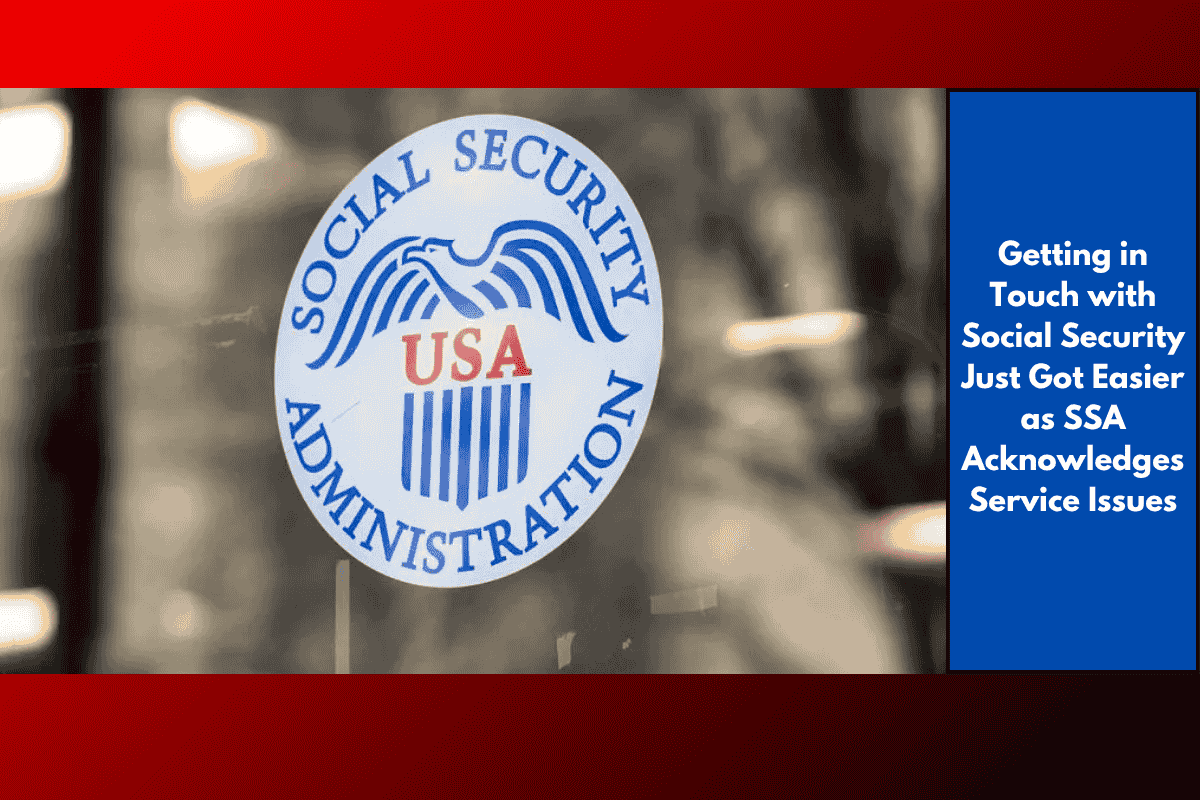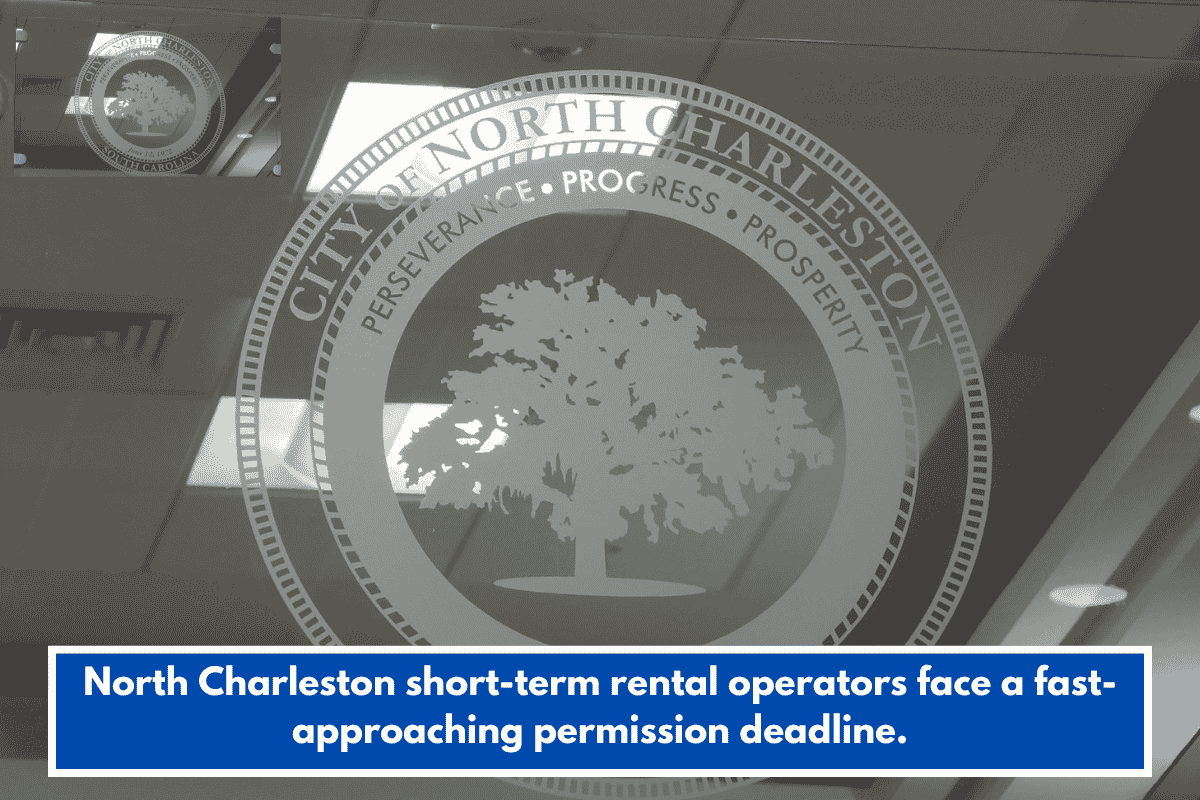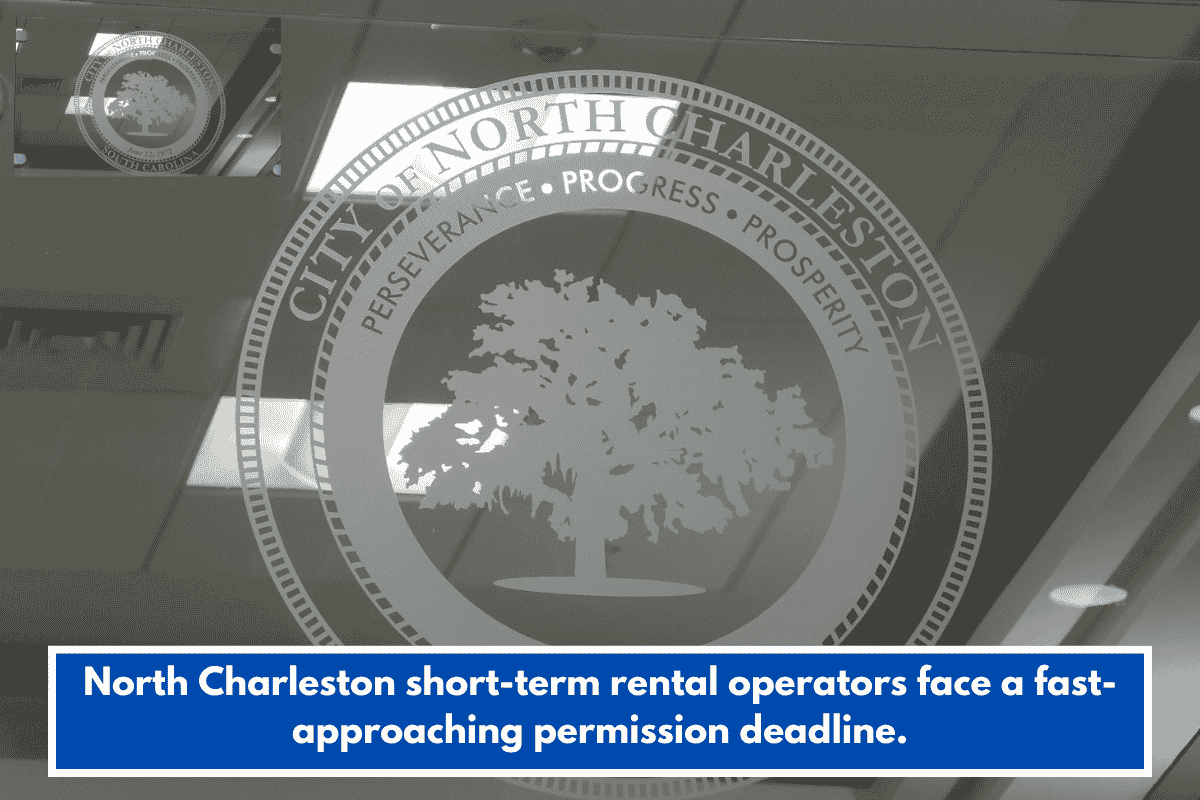Living solely on Social Security, whether through SSI (Supplemental Security Income) or SSDI (Social Security Disability Insurance), can make getting out of debt seem like an impossible task. However, with careful planning, understanding your rights, and utilizing available resources, you can regain control of your finances. Here are practical strategies to help you get out of debt without jeopardizing your financial stability.
Understand Your Rights: Your Benefits Are Protected
One of the first things you should know is that your SSI or SSDI benefits are protected by law. Creditors generally cannot garnish these benefits to collect debts like credit cards, personal loans, or medical bills. This protection offers you significant breathing room when trying to plan a strategy to repay your debts without risking losing your essential income.
However, there are some exceptions. Your benefits can be garnished for federal debts, such as student loans, back taxes, or child support. It’s crucial to identify the types of debt you have to understand how they may affect you. Knowing which debts could potentially affect your benefits helps you prioritize and plan accordingly.
Evaluate Your Financial Situation
Take a clear and honest look at your finances. Start by making a list of your monthly income and expenses. Write down how much you receive from SSI or SSDI and where every dollar goes. This will help you see where your money is going and allow you to identify areas where you can cut costs.
Even with a limited income, creating a budget is the first step in getting out of debt. Try categorizing your expenses into essentials (like rent, food, utilities) and non-essentials (like entertainment or dining out). This will give you a clearer idea of how to adjust your spending and save money to put toward paying off your debt.
Additionally, categorize your debts by type, amount, and interest rate. This will help you prioritize which debts to tackle first and which ones can wait.
Prioritize Your Most Urgent Debts
Not all debts are created equal. Some debts may carry higher interest rates or more immediate legal consequences. For instance, federal debts (like student loans, taxes, or child support) should be your priority, as they can directly impact your benefits. Ignoring these debts may lead to garnishment or other penalties that could make your situation worse.
For other types of debt, such as credit cards or personal loans from private creditors, you may have more flexibility. These debts may be easier to negotiate or settle.
Negotiate with Your Creditors
Many people are unaware that they can negotiate directly with creditors. If you’re struggling to make payments, reach out to them and explain your situation. Request a payment plan that suits your income. In some cases, creditors may be willing to reduce the total amount owed, freeze interest, or allow lower monthly payments if they understand you’re living on a fixed income.
It can also be helpful to work with a reputable debt relief agency or financial advisor. If you choose this route, make sure the organization is legitimate and nonprofit, as there are many scams targeting vulnerable individuals. Some agencies specialize in working with those on Social Security and can assist with negotiating lower payments or settlements.
Seek Free Credit Counseling
There are certified, nonprofit organizations that offer free financial counseling. These agencies can help you create a personalized debt repayment plan, consolidate payments, and reduce interest rates. They can also guide you on how to protect your credit and avoid falling back into debt in the future.
You may also receive advice on managing your finances more effectively, helping you to live within your means. Seeking professional help from certified credit counselors can provide peace of mind and practical solutions.
Consider Debt Forgiveness or Cancellation
If your income is extremely low and you’re unable to pay your debts, you may qualify for debt forgiveness or cancellation programs. Some nonprofit organizations or government programs offer assistance to individuals with disabilities or seniors living on Social Security.
For example, if you are unable to make payments due to financial hardship, you may be eligible for a settlement or forgiveness agreement. These programs can help reduce or eliminate some of your debt, making it easier to regain control of your finances.
Getting out of debt while living solely on SSI or SSDI is challenging, but not impossible. By understanding your rights, creating a budget, prioritizing your debts, negotiating with creditors, and seeking assistance from reputable resources, you can take steps toward becoming debt-free. Remember, there are programs, organizations, and laws designed to support you without compromising your financial stability. You’re not alone—there is help available to get you through this difficult situation.




